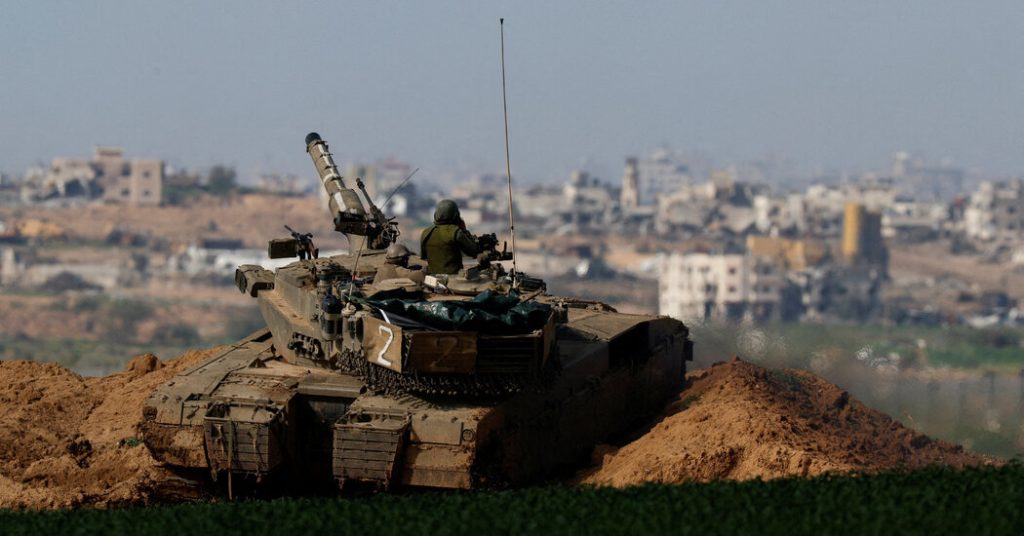The decision by Spain, Norway, and Ireland to recognize an independent Palestinian state reflects growing frustration with Prime Minister Benjamin Netanyahu’s Israel. While France has hinted at a similar stance, major European countries like Germany and the United States remain opposed, insisting on negotiations for statehood. Despite the symbolic nature of the recent recognitions, they do not signal a shift towards unified European support for Palestine. The lack of consensus among allies and the ongoing conflict under Netanyahu’s leadership create a challenging environment for progress.
Efforts to keep the two-state solution alive are hampered by divided European opinions and a lack of influence over the conflict. The Oslo accords in the 1990s marked Europe as a marginal player in Israeli-Palestinian negotiations. With Netanyahu resisting any meaningful change, the impact of symbolic gestures such as recognizing a Palestinian state remains limited. The International Criminal Court’s recent actions suggest growing international pressure on Israel, but little is expected to change without active engagement from major powers.
The increasing isolation of Israel and mounting international condemnation pose a dilemma for Netanyahu, who remains focused on defeating Hamas in the ongoing conflict. The request for arrest warrants against Israeli officials by the ICC adds to the pressure on the country, while the possibility of a wider regional confrontation looms. Despite renewed discussions on the two-state solution, the challenging conditions on the ground and the entrenched positions of both Israeli and Palestinian leaders pose significant obstacles to progress.
Regional tensions and global scrutiny have reignited the Palestinian cause after years of relative silence. The recent violence and subsequent responses have forced Western powers to refocus on the conflict, setting aside hopes of resolving it through broader Middle Eastern normalization. The core issue of sharing the land between Israelis and Palestinians remains unresolved, with both sides asserting their rights. As efforts to revive the two-state idea intensify, the critical need for leadership changes, an end to the war, and a new governing structure in Gaza becomes clear.
Critics of Netanyahu’s leadership have rallied in response to the recognition of Palestine, decrying perceived support for terrorism. While the move by Spain, Norway, and Ireland is a notable development, it may not be sufficient to drive meaningful change. The broader context of conflicting agendas, entrenched positions, and deep-rooted grievances complicates the path to a resolution. As calls for action grow louder, the question remains whether the current impasse can be overcome, or if it will only deepen divisions and entrench the status quo.








